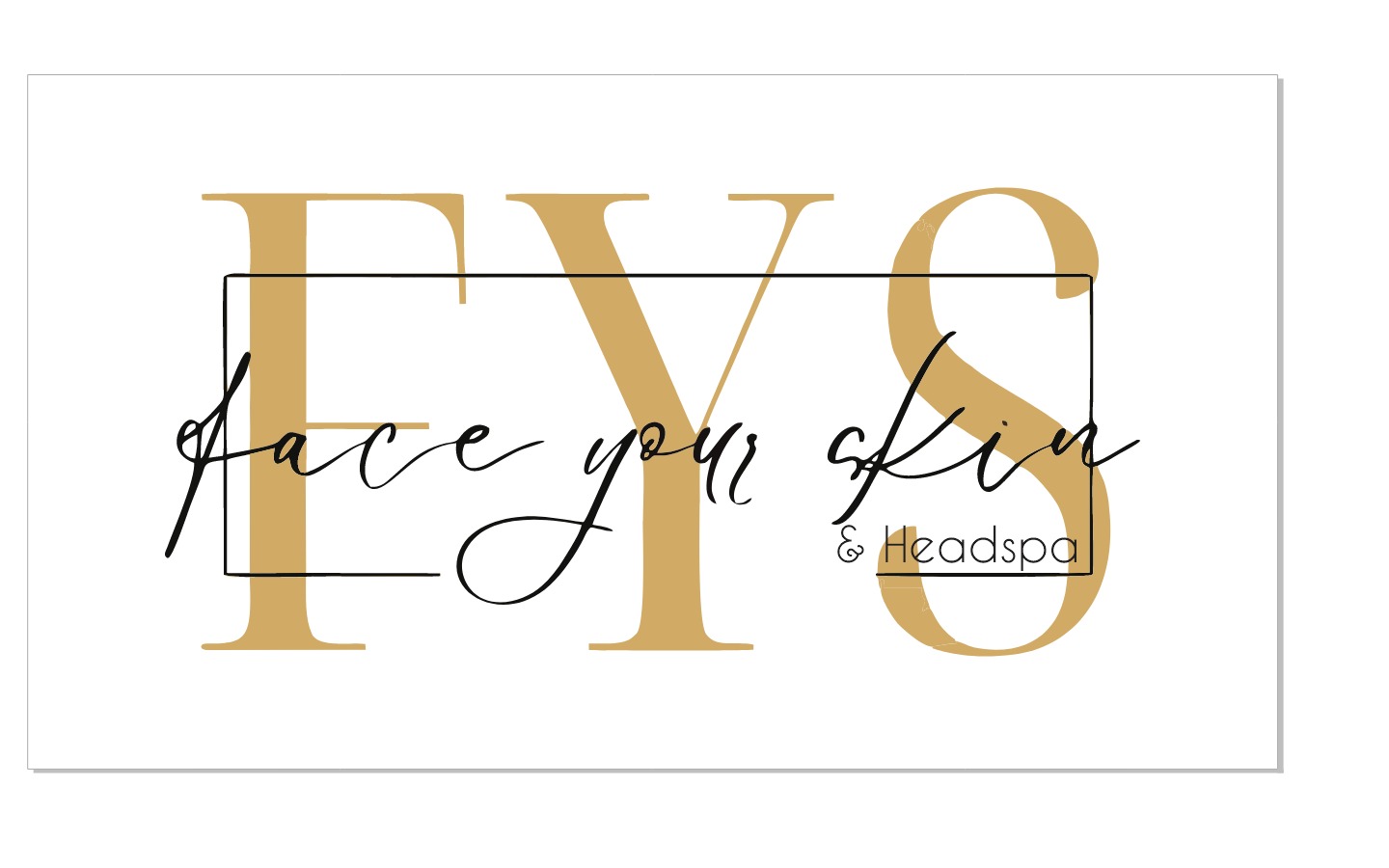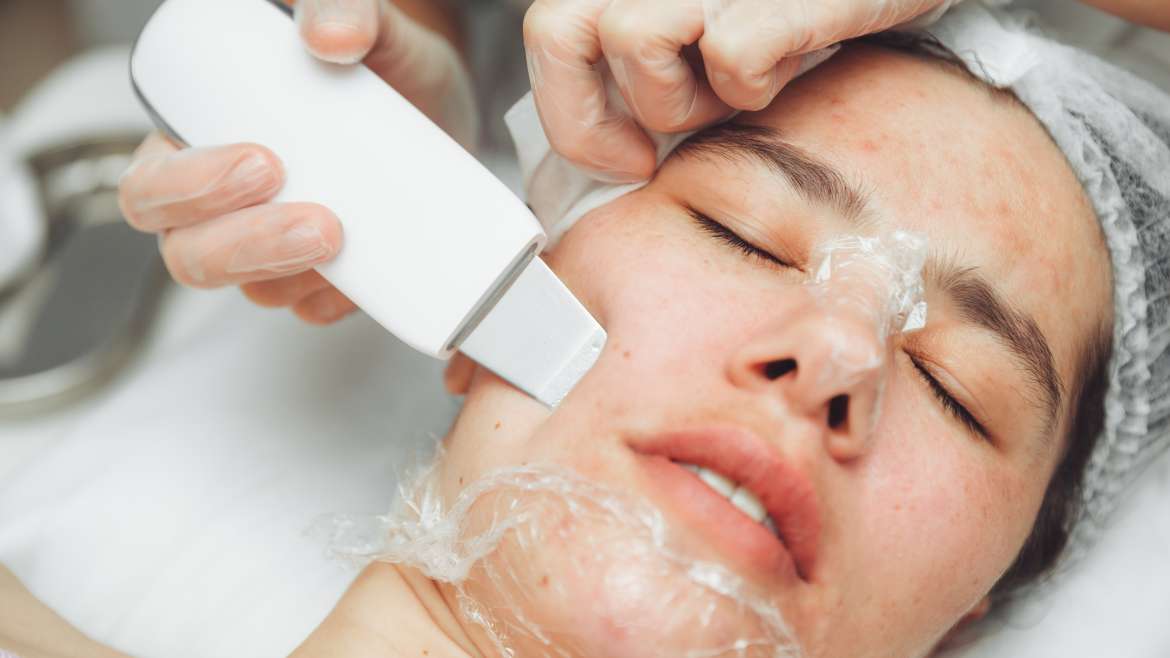Skincare treatments encompass a wide range of procedures and products designed to improve the health and appearance of the skin. Here are some common skincare treatments:
- Facials: Professional facials involve cleansing, exfoliating, extracting impurities, and nourishing the skin with various treatments tailored to specific skin types and concerns.
- Chemical Peels: Chemical peels use acids to exfoliate the skin and stimulate cell turnover, resulting in improved texture, tone, and clarity. They can help with acne, hyperpigmentation, and signs of aging.
- Microneedling: Microneedling, or collagen induction therapy, uses tiny needles to create controlled micro-injuries in the skin, stimulating collagen and elastin production. It can improve the appearance of scars, wrinkles, and uneven skin texture.
- Led: (light-emitting diode) light therapy (also called LED photo-therapy) involves the use of specific narrow-band wavelengths of non-thermal LED light to permeate the skin at different depths in order to stimulate a bodily response that boosts the skin’s natural healing and restoration capabilities. Blue and Red are used to kill bacteria that cause breakouts.While reducing inflammation pimple and redness.
- Topical Treatments: Skincare products containing active ingredients like retinoids, antioxidants, hyaluronic acid, and peptides can help improve various skin issues when used consistently.
- Cryotherapy: Cryotherapy involves exposing the skin to extremely cold temperatures to reduce inflammation, improve circulation, and promote collagen production.
Before undergoing any skincare treatment, it’s essential to consult with a qualified dermatologist or skincare professional to determine the most suitable options for your skin type and concerns.

